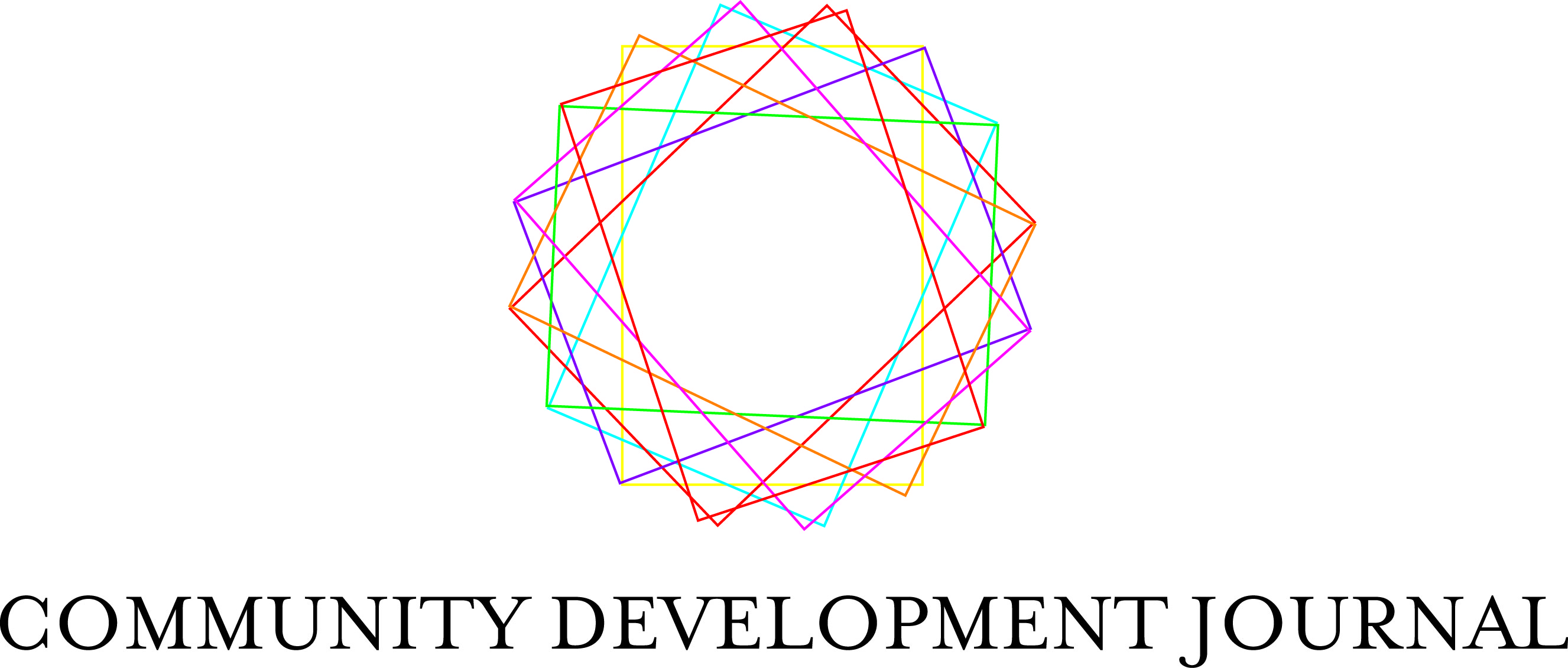CDJ Plus is Dead! Long Live CDJ Plus!
An introduction to the new CDJ blog, and why we think it’s needed
Academic publishing is a strange beast, and it’s getting stranger. Authors write for free, reviewers work uncompensated, and editorial boards volunteer their time and expertise. Nobody is ever paid for their writing. You’d hope that at the end of that process journal articles would be inexpensive, but of course they’re not. In 2024, you can pick up a paperback for a tenner. A CDJ article would set you back £34, assuming you’re able to read it in the 24 hours you’ve bought.
Most people are not directly paying to read journal articles. Students and staff at wealthier universities, usually those in the Global North, benefit from institutional access. The university pays a flat fee, to make a journal (or more often a set of journals) available to their own. Outside of these institutions, people keep reading. File-sharing ‘shadow libraries’ like Library Genesis and Sci-Hub get millions of visitors every month, despite attempts to shut them down and legal action made against them. Small file-sharing groups proliferate on sites like Facebook, connecting academics in one niche sub-field or another. Academic work keeps happening, and keeps going uncompensated. In theory academic jobs are meant to fund all of this - in practice they are few and far between.
This is not an issue with an easy fix. Open access solves one side of the problem, but often at the expense of the other. Articles are available free to all, but in what is called ‘gold open access’, the gap left by subscription fees is paid by the author. If an author has institutional affiliation with a university, and the university is sufficiently wealthy and well-resourced, this fee may be covered by an open access agreement. Otherwise, the author is left with a bill of thousands of pounds. The proliferation of gold open access prioritises reading at the expense of writing. Marginalised authors are told to shut up and listen. Although there are ways around this, and gold open access is not the only new model, getting your work out there is harder. How will people know to email you, or pay the £34, or request access at their local library in the first place? For a long time twitter has been an imperfect solution to this, allowing news to spread through academic networks outside of institutions. As it becomes an increasingly hostile space for oppressed people, its utility lessens.
CDJ is not an exclusively open access journal. Some articles published with us are open access, and can be read for free. Some are not. This does not always fall down lines of how important the work is. To represent the cutting edge of the field of community development, we have to have an international remit. We have to publish work by activists, and scholars, and scholar-activists. We do this not because it is just, although that would be a good enough reason, but because it is where the exciting work is happening. I’ve worked for CDJ as an editorial assistant since 2022, and I‘ve seen some amazing articles come through the journal in that time - not all of these have been open access. A lot of work goes into mitigating this inequality, and while practices like funding an open access ‘editor’s choice’ article every issue help, the problem remains.
The new CDJ website exists for many reasons. Our old site was old, and looked it. When people tried to follow links to it, they were met with a security warning. We wanted something more accessible, in keeping with our ethos. Another reason is the above. Over the coming months, we will be inviting authors who have published with CDJ to write about their work on this site. We want it to be an overflow, a space for work that doesn’t quite fit, for conversations, and creative responses, and perhaps most importantly, a place where writers can promote their work, regardless of institutional affiliation. We don’t yet know what shape this will take. If we do it right, it will be formed collaboratively.
So welcome to the new site! Many thanks to the Access by Design team for all of their work in making it functional and beautiful and accessible. Please do get in touch through our contact page if you have an idea for a blog or a project, or something we haven’t thought of yet, and enjoy reading years of work and resources and articles all put together in an accessible format.
Ilya Maude is the new Digital Domain Editor for Community Development Journal. He is an early career historian, currently working without institutional affiliation. He’s also an artist, musician, and activist.

